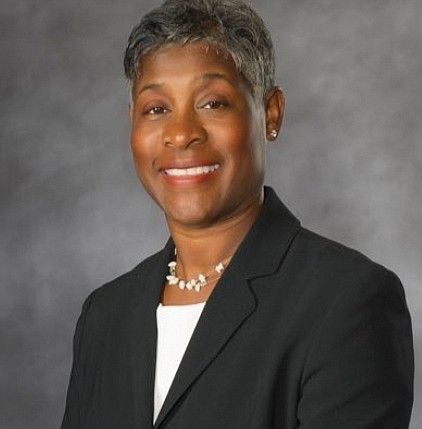Special prosecutor assigned in Confederate statue removal probe
Jeremy M. Lazarus | 9/24/2020, 6 p.m.
A special grand jury soon will be convened in Richmond.
The purpose: To determine if Mayor Levar M. Stoney legally used emergency authority to spend $1.8 million in taxpayer dollars to remove 11 city-owned Confederate statues in early July.
Chief Richmond Circuit Court Judge Joi Jeter Taylor on Sept. 18 named Timothy Martin, Augusta County commonwealth’s attorney, as a special prosecutor for a probe into the mayor’s spending on the removal.
Mayor Stoney has said everything was completely above board.
Mr. Martin will take on the probe in place of Richmond Commonwealth’s Attorney Colette W. McEachin, who stepped aside and requested a special prosecutor after 2nd District City Councilwoman Kim B. Gray, a top challenger to the mayor’s re-election bid, requested an investigation of the mayor’s actions.
As Mrs. McEachin has noted, state law outlines who can undertake a criminal investigation of a local elected official. The law allows the governor, the state attorney general and a special prosecutor to take on such probes and to seek investigative help from the State Police.
Mr. Martin would make the decision on how to proceed, though he has not yet announced his next step.
A special grand jury, whose work would be shrouded in secrecy, could request state assistance and also call witnesses.
According to the mayor’s office, Mayor Stoney took the Confederate statue-removal action in his role as the city’s director of emergency management amid the recent demonstrations in which some participants had pulled downed four city-owned statues.
Gov. Ralph S. Northam had declared a state of emergency in early June after protesters went on a rampage and broke out windows at several businesses in and near Downtown during the protests over the Minneapolis police killing of George Floyd. City Council on June 8 recognized the emergency and authorized Mayor Stoney, as director of emergency management during the state of emergency, to deal with it.
The mayor’s office has said that the council action triggered state laws that provide the director of emergency management with authority to act without following certain other laws, including those involving procurement.
At Mayor Stoney’s request, Gov. Northam later extended the emergency order into the first week of July.
By that time, the Stoney administration had awarded without notice the $1.8 million contract to remove the city-owned statues to Team Henry, a Black-owned company of contractor Devon Henry.
Since then, City Council approved the removal of the statues using a state law that went into effect July 1. The council has put 10 of the 12 city-owned Confederate statues up for sale. The fate of two Confederate statues, and one of Christopher Columbus, remains unresolved as neither the council nor the Mayor’s Office has proposed any action on them.
Concern about the mayor’s spending arose after Bacon’s Rebellion, a political blog site, first reported the contract award to Mr. Henry and noted that the businessman had contributed $450 to Mayor Stoney’s 2016 campaign.
Mayor Stoney has denied that the contribution had any influence.
Mayor Stoney and his press secretary, Jim Nolan, have insisted that Mr. Henry was the only contractor willing to take on the statue removal work. Mr. Henry subcontracted the work to an out-of-state firm that has a track record in statue placement and removal. Richmond sculptor Paul DiPasquale was hired to supervise the removal.
Mrs. McEachin cited Mr. Henry’s involvement when she stepped aside. She stated that Mr. Henry also contributed about $250 about 10 years ago to a state Senate campaign of her husband, U.S. Rep. A. Donald McEachin.
She stated that she has taken no position on the case and sought the appointment of a special prosecutor to avoid any appearance of a conflict.







